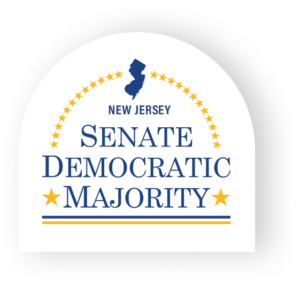TRENTON – The Senate passed legislation sponsored by Senators Paul Moriarty and Joseph Cryan on Monday that would limit the amount a landlord may increase the rent on a tenant of a dwelling site within a manufactured home park. On these sites, tenants usually install a modular or manufactured home.
Under the bill, a landlord of a covered dwelling site would only be allowed to raise the rent up to three percent without seeking approval from the Department of Community Affairs.
“Even though the median price of a manufactured home is much lower than the statewide average, these homeowners do not typically own the land that their home is built on,” said Senator Moriarty (D-Gloucester/Camden/Atlantic). “Therefore, they also have to pay rent for the site on which they reside. This often leads to unfair price hikes by landlords, as they know that there is no other option besides moving the home to another site. Moving is further incredibly difficult, largely due to potential difficulties in financing a move, exclusionary zoning practices, and restrictions on the age and condition of incoming homes.”
In recent years, there have also been growing concerns over private equity firms purchasing mobile home parks. In 2022, the Lincoln Institute of Land Policy reported that one-fifth of mobile home parks nationwide had been purchased by institutional investors. As a result, residents have seen double-digit rent increases.
“This bill could help prevent tenants from being hit with arbitrary rent increases on parcels of land within mobile home parks,” said Senator Cryan (D-Union). “Landlords looking to increase rent beyond three percent will now have to get direct approval from the Commissioner of Community Affairs, guaranteeing that tenants aren’t getting ripped off.”
Landlords petitioning the commissioner to request approval to increase the rent must demonstrate that the present rental income and additional charges from the manufactured home park are insufficient to cover the costs of tax increases, assessments, or maintenance. Tenants will further be notified if their landlord files a petition, and their arguments will be taken as a key consideration by the commissioner when approving or denying a rent increase.
Bill S-2953 passed the Senate on a vote of 25-13.
